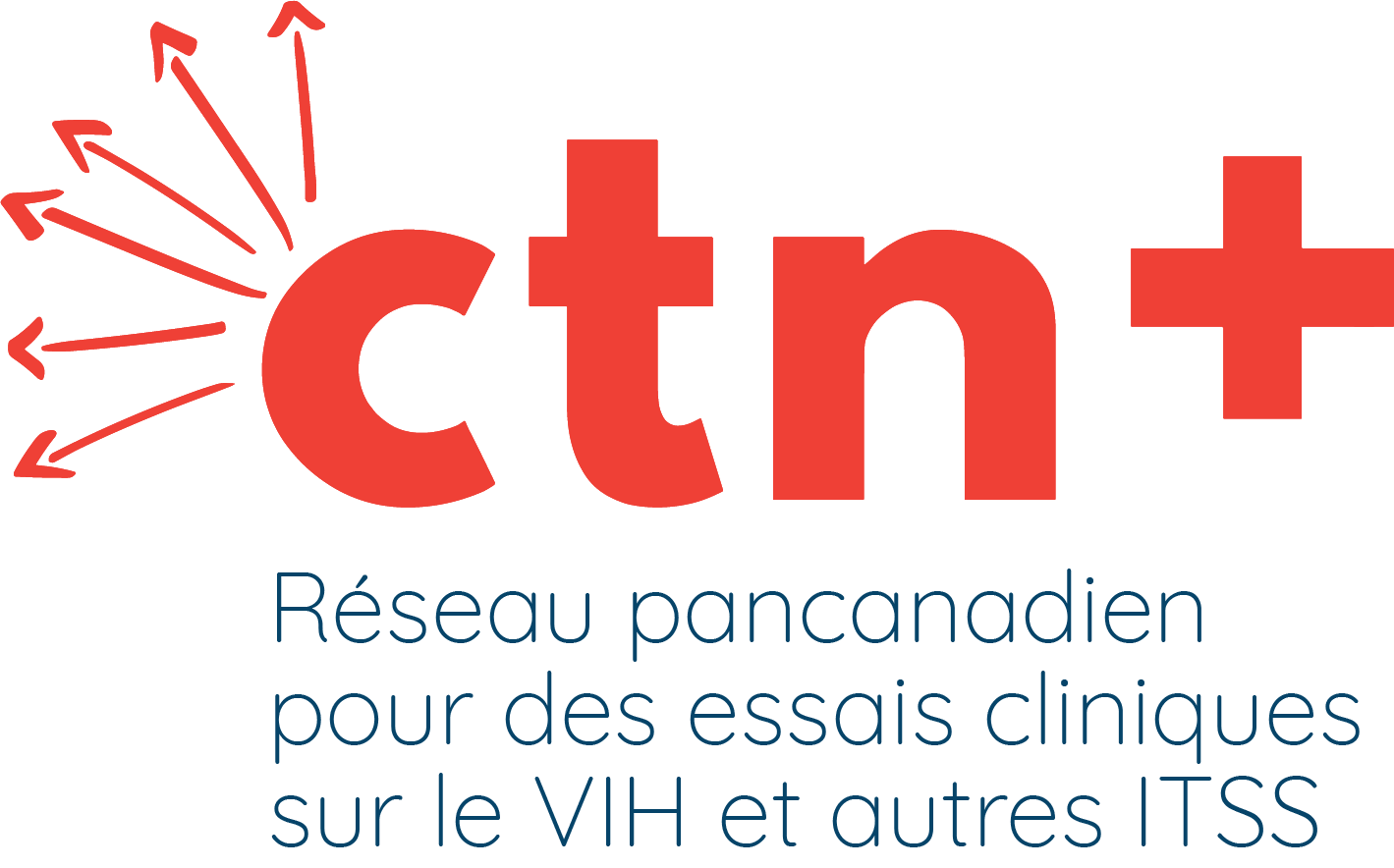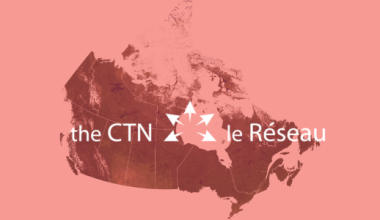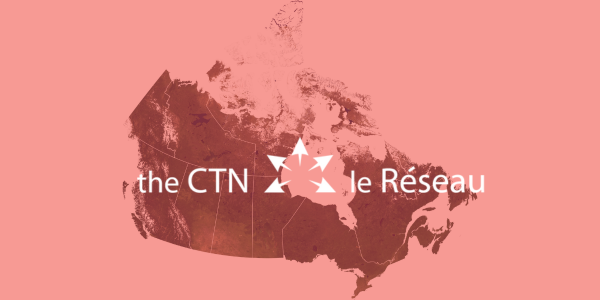Text Statement:
Today is National Indigenous People’s Day and June is Indigenous History Month. Both of these important events have been made even more poignant after the remains of 215 children were found at the former Kamloops Residential School. These tragic circumstances also compel us to reflect on how we can actively be part of reconciliation as an ally to Indigenous Peoples.
Research and higher education are historically linked to the systemic racism and colonial policies that guided the residential school system, which in turn have resulted in ongoing marginalization of Indigenous Peoples in Canada. While we have seen that research has the capacity to do great harms, we recognize the potential of research to help guide us towards healing.
Indigenous Peoples in Canada continue to be disproportionately affected by widespread health disparities, including HIV. At the CTN, we are committed to learning from Indigenous perspectives as we reach towards health equity. This includes actively promoting and lifting up Indigenous researchers and trainees, and promoting Indigenous methodologies and ways of knowing, including strengths-based approaches and a focus on health and wellbeing.
For more than 20 years, the CTN has had an ongoing relationship with CAAN, including a permanent position on our Community Advisory Committee. This relationship has been an active source of guidance and knowledge exchange as we continue to strive to do our work in a good way. We are also engaged in the development of resources to help guide our Network members, who are involved in research and clinical care with Indigenous Peoples across Canada.The CTN is committed to open dialogue, asking research questions that are relevant to the Indigenous community, and answering those questions in a meaningful way. While we are proud of the initial work we have done towards reconciliation and allyship, we know we have many steps yet to take on this journey.






